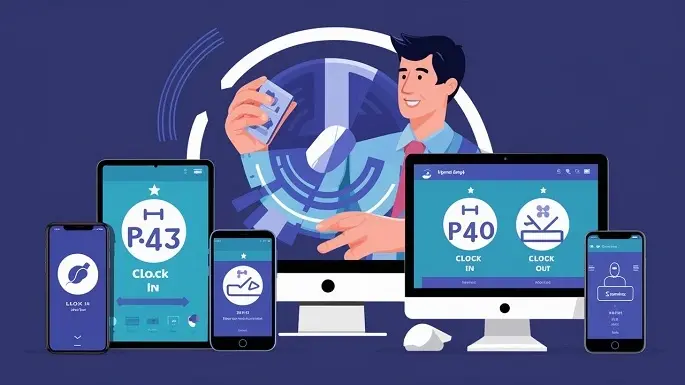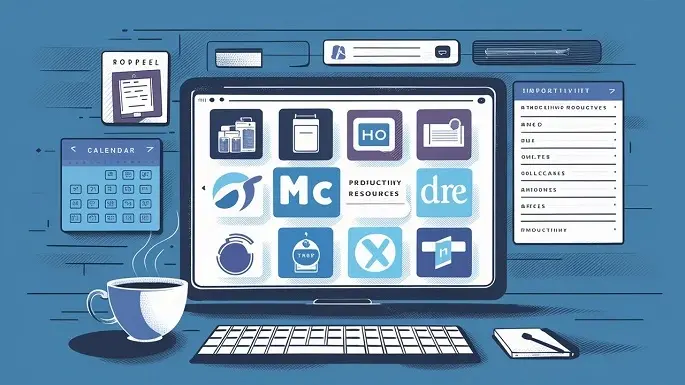Back Charges: Today construction projects are more complicated than they used to be in the past, and this article presents an overview of the construction projects today.
Back charge in construction is defined as costs that are incurred by a general contractor or subcontractor that pass on to a vendor, subcontractor, or supplier when the latter fails to meet their contractual obligations. In particular, back charges enable the party that incurred unforeseen expenses to get compensation from the party that is deemed to be at fault.
Bank charges are commonly assessed for:
- Rework when procedures were not followed as per the set of details
- Expenses incurred due to damages in the material or equipment used.
- Any extra hours, materials, or expenses incurred for the work done due to project delays
- This is workmanship that has been done in a substandard manner and therefore requires some touch-up lavoro in correct aggiustatura
- Other costs of accelerating a project to meet a schedule if, for instance, the subcontractor is late.
Benefits of Back Charges
Thus, back charges offer an avenue through which General Contractors can recover reasonable additional expenses caused by a breach of a particular clause by another party. Key benefits include:
- Recoup losses: Back charges also provide an opportunity for passing some costs that would otherwise be considered pure loss in the event of failure of another party. This helps to bring a better financial result for the project.
- Incentivize performance: The threat of back charges ensures that subcontractors and suppliers do their best to meet the contractual obligations expected of them when offering services and products.
- Support project timelines: Back charges are easier to justify since they allow contractors to recoup additional costs and it also minimizes resistance towards necessary acceleration activities whenever a project is behind schedule.
- Pass accountability: Back charges effectively decentralize accountability for mistakes or oversights to those who are to blame. If these costs were not recovered through back charges, the general contractor may have to pay those amounts or pass them on to the property owner.
Potential Disadvantages
While back charges protect general contractors, some drawbacks include:
- Strained relationships: Back charges analysis always results in disagreement by subcontractors or suppliers who are charged the costs. This may create tension between partners and, if the back charges are perceived as unjustified or unfair, it may harm business relations.
- Pushback: Customer-subcontractors may dispute or reject back charges, hence prolonging the time required to resolve the financial commitments. Legal work is sometimes needed for the recovery of debts.
- Administrative burden: Correlations need to be documented and justified fully before back charges are approved so that there can be no quarrels. A considerable amount of time can be spent on staff, especially if several back charges are essential throughout a project.
- Cash flow delays: The following may cause a temporary cash shortage for the general contractor who was put at the receiving end of the costs accrued from the subcontractor’s failure:
Back charges are inevitable in the construction business and any company that wants to survive the cruel hand of the market should ensure they are well managed This can be done through the following techniques.
Careful management of back charges is essential for smoothing project administration and maintaining partner relationships:
- Clearly define terms: It is recommended that the contracts should outline specific possibilities, essential requirements, and time frames for a back charge to avoid misunderstandings.
- Thoroughly document issues: Another activity is to keep records of such things as dates, purchase orders, and photos showing the basis for back charges.
- Timely notification: It should be possible to promptly communicate in writing to the subcontractor as soon as a situation arises that may lead to a back charge to allow for the necessary action to be exercised.
- Open dialogue: Negotiate issues openly and provide subcontractors ample opportunity to address issues before hefty back charges are assessed.
- Monitor trends: For example, observe when a particular subcontractor is frequently accused of back charges and decide whether or not the problems are recurrent enough to warrant changing business associates.
- Fair costs: In back charge calculations, only costs that have been claimed and incurred should be included and back up how the amounts have been arrived at. High back charges affect the credibility of the contractor.
- Consider negotiation: Agree to share some of such costs to deal with some back charges more quickly or to keep a partnership going rather than impose all such costs on the subcontractor.
When it comes to minimizing back charges, general contractors should make sure that there are legal contracts, documentation, and communication as well as ensure that they are being fair to the service providers as this prevents them from being subjected to additional costs for work they have not done while at the same time avoiding damage to long-term relationships with key service providers.



